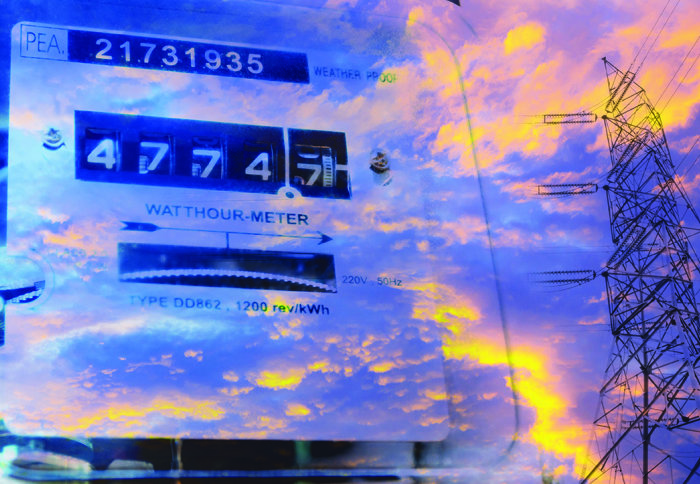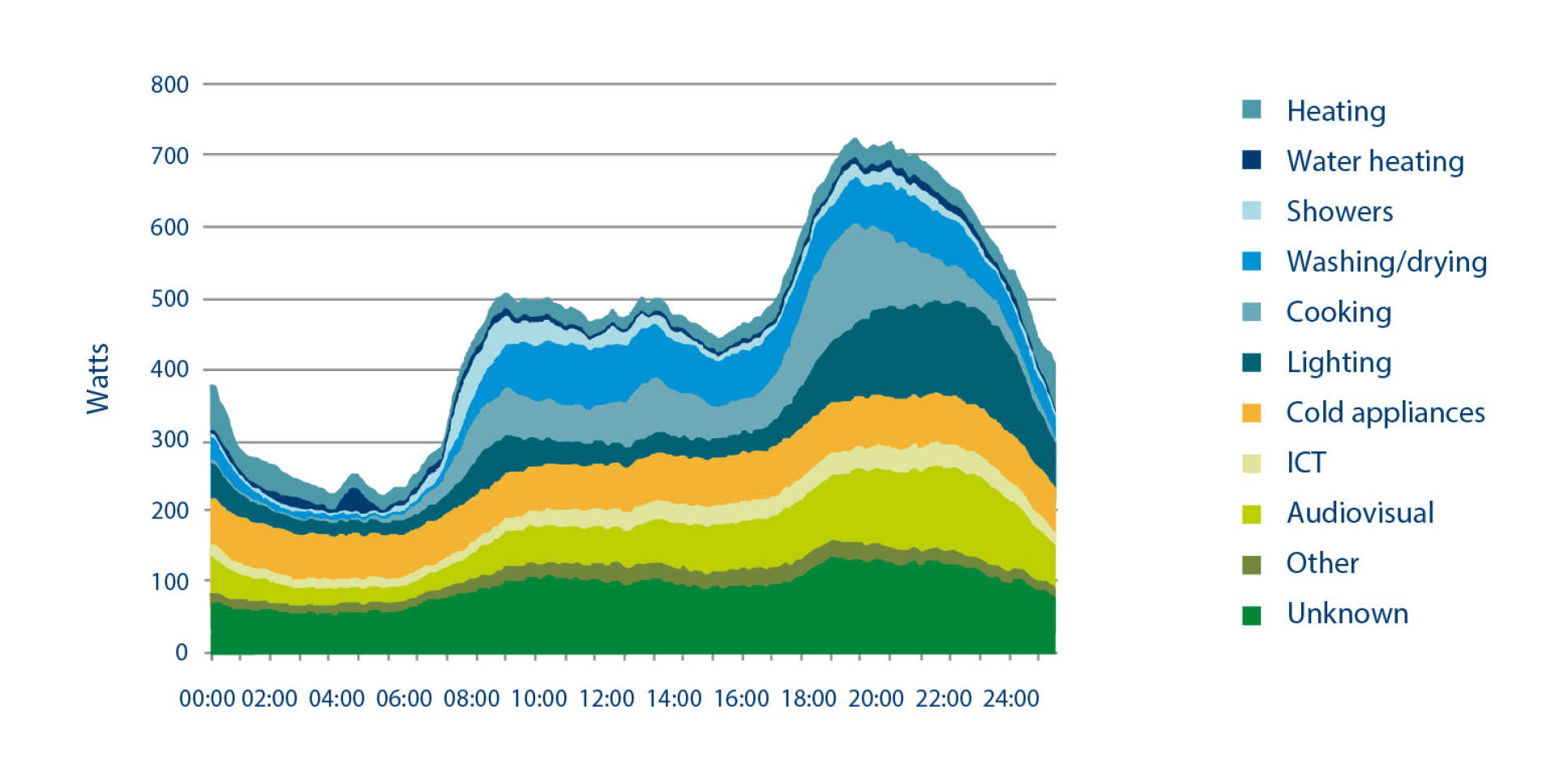Information and support key to creating “smart” consumers of electricity

If we want consumers to actively engage with their electricity, information and support must improve, says new report from Energy Futures Lab.
A new report published by Energy Futures Lab has drawn up recommendations for how the energy industry and UK government could increase consumer engagement with the new breed of smart energy technologies and services. The report’s authors conclude that providing consumers with more detailed information, the right tools to help them make choices and the ability to easily act on these decisions are key if we want "smart" consumers.
Demand Response is no panacea but I believe it will be a key component in any future, low-carbon, energy system Dr Richard Carmichael
One of the challenges of our current energy system is matching supply with demand. To ensure we can keep the lights on every evening there needs to be a large amount of energy being generated but conversely the amount of energy needed at 4am is small in comparison.
It is hoped that the introduction of devices like smart meters and domestic battery storage alongside new kinds of electricity tariffs will allow us to smooth out this demand through Demand Response (DR). This would mean moving some demand, e.g. running a dishwasher, to a time of lower demand, which would also mean a cheaper rate.

“Demand Response is no panacea but I believe it will be a key component in any future, low-carbon, energy system,” says Dr Richard Carmichael, the paper’s lead author, “I hope this paper helps people in industry and policymaking understand how we can get people involved and the importance of communicating to them the full benefits in ways they can act on.”
The briefing paper investigates the evidence around how consumers engage with electricity demand response technologies and services in their home. Much of the evidence base is from field trials and survey research which aim to measure and predict levels of DR engagement. The team behind the briefing paper suggest an approach which aims instead to understand and address barriers to greater DR engagement in a real-world context.
The team’s conclusions are that we need to:
- Maximise the financial rewards from flexible consumption by pairing time-of-use tariffs with DR-supporting technology (such as electric vehicles and smart charging)
- Enable informed consumer choices by including smart tariffs on digital price comparison tools
- Raise consumer awareness of the benefits of DR (for the individual, the system and the environment) and of the need to have a smart meter in order to access these new products and services
“Although it is hard to draw concrete conclusions from any individual survey or trial, when combined they give us an insight into how Demand Response could work in the real world,” says Dr Rob Gross, Director of Policy at Energy Futures Lab, “We believe that openness, understanding your customer and making it as easy as possible for them will drive uptake of these new ideas, technologies and tariffs.”
The paper, Unlocking the potential of residential electricity consumer engagement with Demand Response, was launched at an event last night at Imperial College London. There is a digital version of the paper available to download as a PDF.
The report is part of the Energy Futures Lab Briefing Papers series. These are periodic reports aimed at all stakeholders in the energy sector. They bring together expertise from across Imperial College London to provide clarity to a wide range of energy topics.
The work is coordinated by Dr Aidan Rhodes, Energy Futures Lab Research Fellow. If you have any questions or comments please contact him at aidan.rhodes@imperial.ac.uk.
Article text (excluding photos or graphics) © Imperial College London.
Photos and graphics subject to third party copyright used with permission or © Imperial College London.
Reporter
Neasan O'Neill
Faculty of Engineering